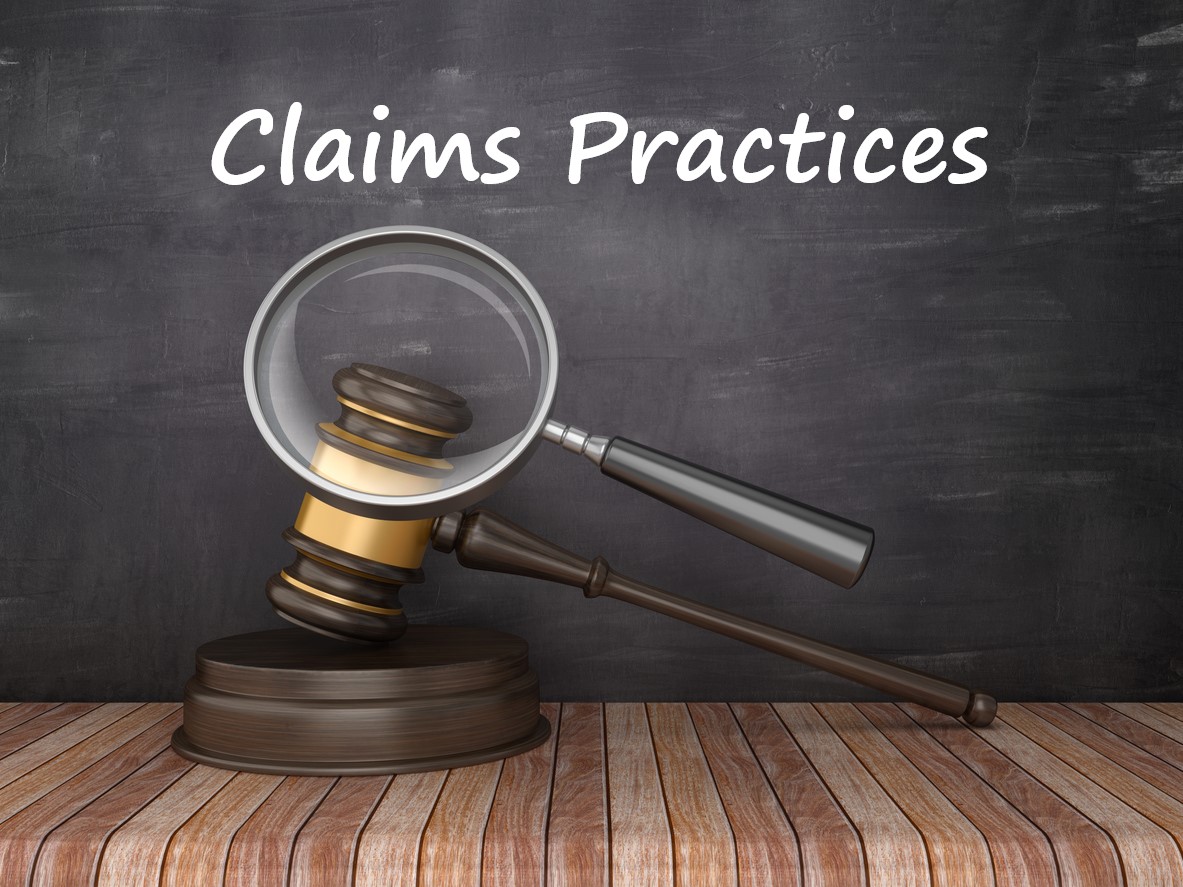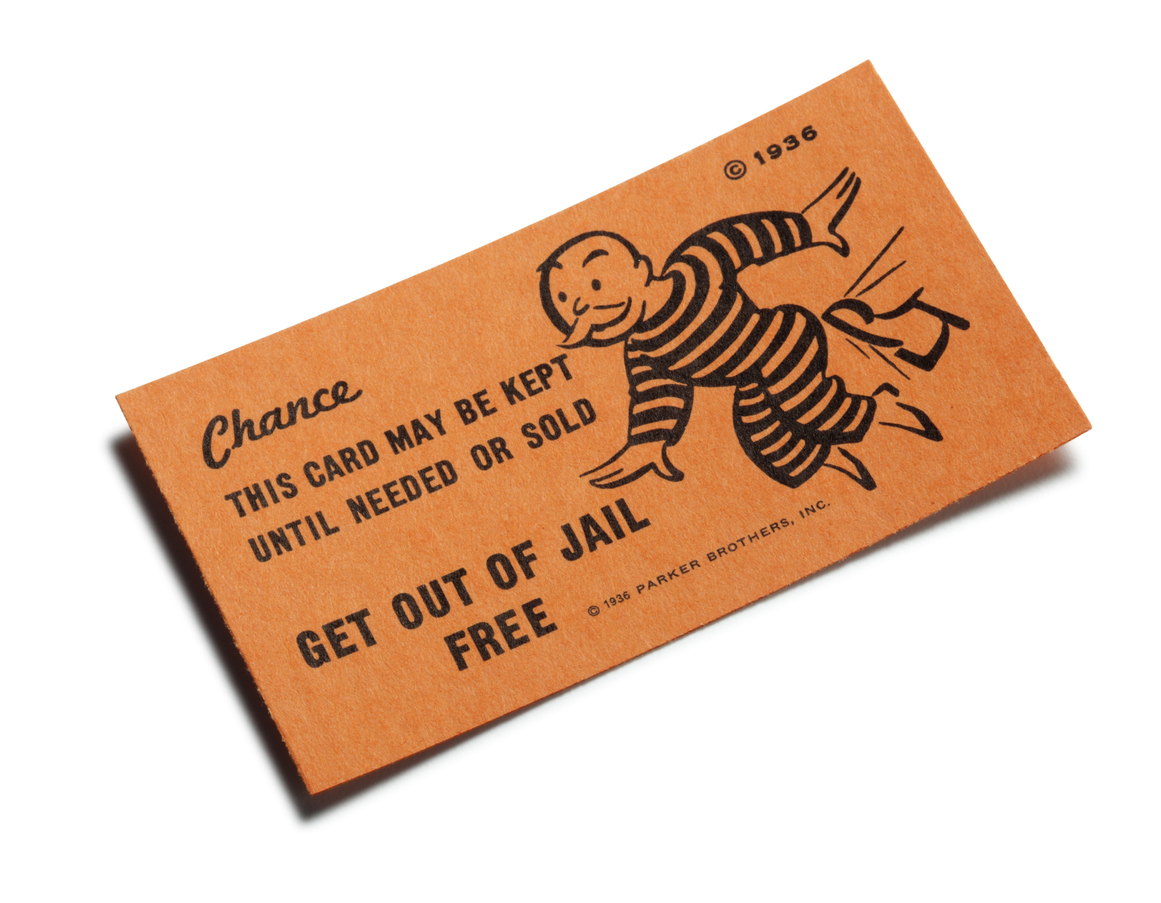Deborah Trotter was working with me in New Orleans following Hurricane Katrina. Most of my time was spent with the Port of New Orleans litigation. She was trying to explain to me how codes were predominant, and that Louisiana common law took second place to Civil Law—meaning what was written in the Codes.
Here is how the Louisiana State Law School library explains the historically unique nature of Louisiana law:
The law of France is a civil law legal system; the French legal system is based wholly on written Civil law. Civil law legal systems are greatly based on a Code of Law. The foundation of the French legal system is the Napoleonic code or Civil code which encapsulated the rights and obligations of citizens, and laws of contract, property, inheritance, and so forth. The Civil code persists as the foundation of French law to the present. In scholarly terms, French law can be divided into two divisions: private law (or “droit prive'”) and public law (“droit public”). French private law governs private individuals and private bodies. Whereas, French public law governs the state and public bodies.
On the other hand, Common law legal systems are greatly based on precedent. The common law tradition emerged in England during the Middle Ages and was applied within British colonies. The Common law is generally not codified meaning there is no thorough compilation of legal rules and statutes. While Common law jurisdictions rely on some scattered statutes, which are legislative decisions, it is largely based on precedent, meaning the judicial decisions that have already been made in similar cases. These precedents are maintained over time in court records and documented in collections of case law known as yearbooks and reports. The precedents to be applied in the decision of each new case are determined by the presiding judge. As a result, judges have an enormous role in shaping American and British law.
Louisiana is the only Civil law jurisdiction in the United States. Louisiana gets its Civil law legal system from its colonial past as a possession of two Civil law countries, Spain and France. It may be better to think of Louisiana’s legal system as a hybrid consisting of both Civil and Common law influences. Specifically, Louisiana’s private law or substantive law between private parties, principally contracts and torts is based on French and Spanish Civil law as well as Roman law with some Common law influences. Louisiana’s criminal law is directly based on United States’ Common law. Louisiana’s administrative law is influenced by the administrative law of the United States’ federal government. Louisiana civil procedure law is consistent with United States Federal Rules of Civil Procedure.
It should come as no surprise that Louisiana property insurance law is very similar to most states yet has its own unique differences. For example, while appraisal is an accepted method to resolve disputes, appraisers must register with the Department of Insurance.
The language of a Louisiana standard fire insurance policy includes a provision for the use of an appraiser in the event of a disagreement between the insurer and the insured over the value or amount of loss. This provision is found in 22:1311(F) (2). Act 96 of the 2012 Regular Legislative session requires that any person acting as an appraiser in accordance with this provision be registered with the Department.
The initial registration fee is $55. The registration is valid for 12 months from the date of registration. The fee to renew a registration is $50.
The determination of whether an appraiser is a competent and disinterested party will be made by the party employing the services of the appraiser. Any qualifications provided on this registration application will be made available to the public on the Department website to assist both insurers and insured in electing an appraiser.
Public adjusters may also be registered as appraisers; however, an individual may not function as a public adjuster and an appraiser for the same claim.
I came across a PowerPoint from an insurance company attorney who suggested that while public adjusters could not act as appraisers on the same case they were retained upon, the insurance company adjuster could act as an appraiser. Louisiana and Hurricane Laura are going to be different.
Please join me later today for Chip @ 2 where we will discuss numerous issues of Hurricane Laura claims handling and the Louisiana property insurance law.
Thought For The Day
One of these days the people of Louisiana are going to get good government – and they aren’t going to like it.
—Huey Long




